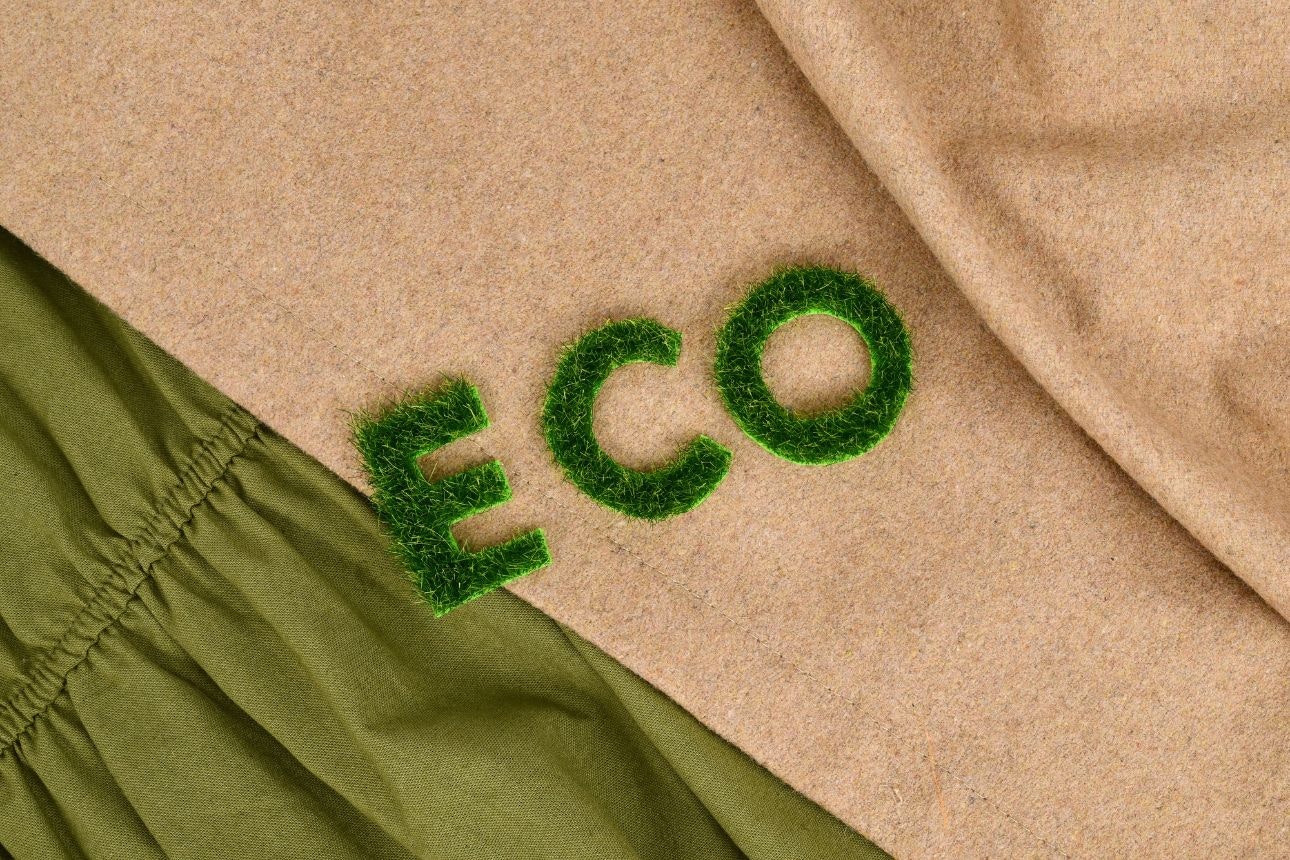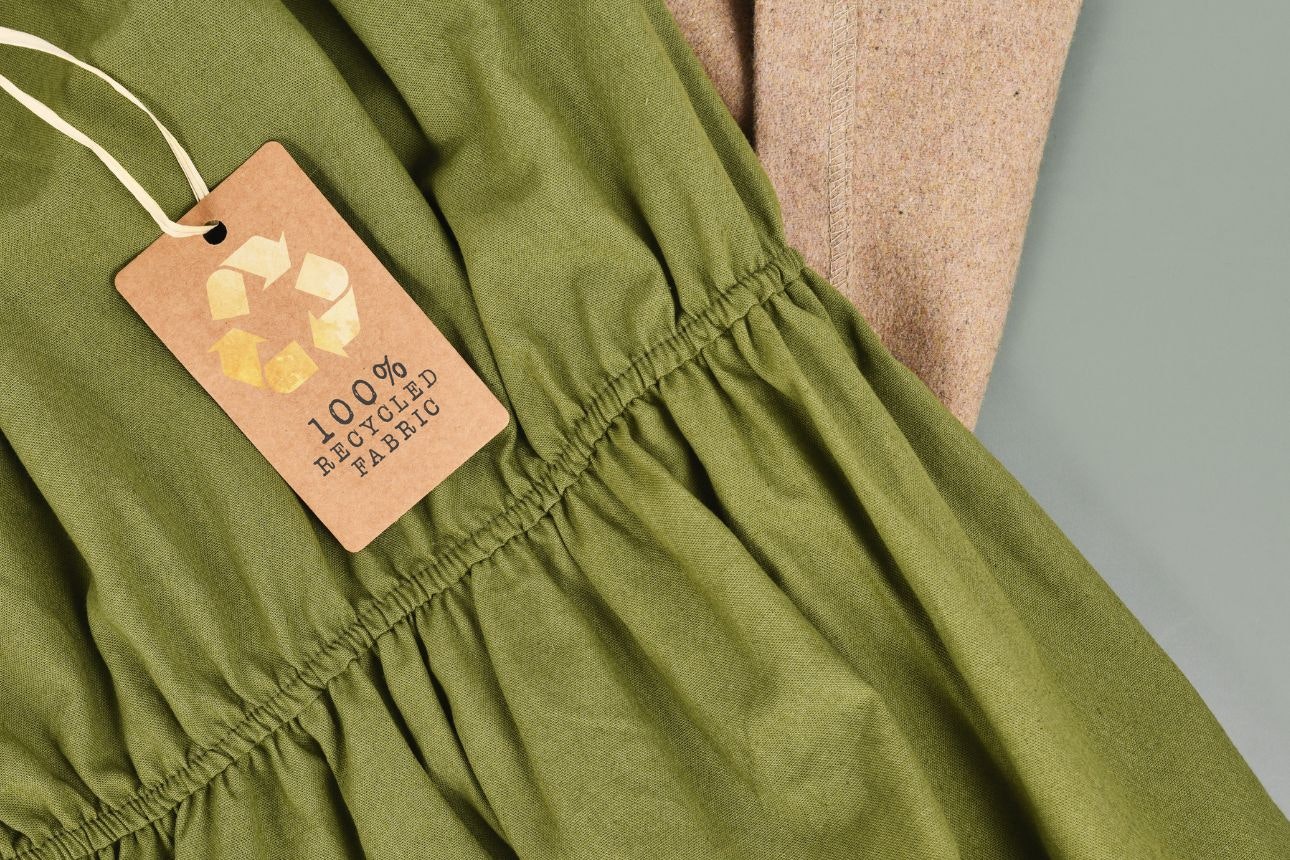
By Belinda Castles
Researcher | Kairangahau
Can you trust seafood green claims, or are some little more than greenwashing?
Canned seafood is a convenient and affordable way to keep seafood as part of your diet. Fish is a good source of protein and iodine, and if it’s oily (like salmon or sardines), is high in omega-3 fatty acids, which are linked to a lower risk of heart disease and stroke. A Health NZ report published in 2022 into adults’ dietary habits found nearly three-quarters of New Zealand adults ate seafood at least once a week.
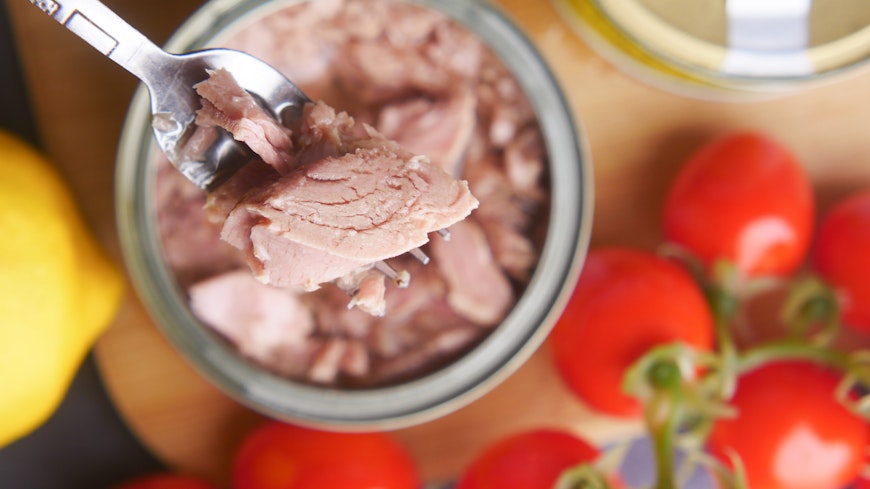
But for years now, we’ve been hearing about the devastation of fish stocks as a result of poor commercial practices. Research commissioned by the Marine Stewardship Council in 2024 found that 92% of New Zealand seafood consumers are concerned about the state of the world’s oceans, with pollution and overfishing the top two concerns.
When it comes to picking a canned option that’s good for the environment, there’s a plethora of claims like “sustainably caught”, “responsibly caught” and “dolphin friendly”. But can you trust these claims to make a greener choice?
While we found brands with legitimate third-party checks on their green credentials, we also found some with self-declared environmental claims that risk potentially greenwashing shoppers.
Types of fishing
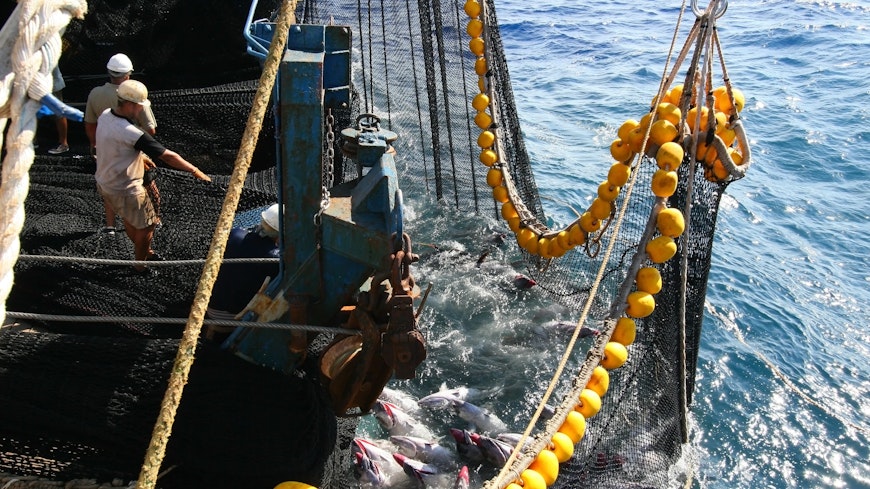
In New Zealand, our seafood supply is either wild or farmed. Wild-caught seafood comes from natural marine environments, while farmed seafood is cultivated in enclosed areas.
Farmed seafood has its sustainability critics. Species may live in overcrowded conditions, making them susceptible to diseases and parasites. There’s also concern about the damage to the surrounding environment.
Meanwhile, it’s estimated that more than one-third of the world’s wild fish stocks are overfished, and some fishing techniques can cause unintended harm to other species, such as turtles and dolphins.
Fishy green claims
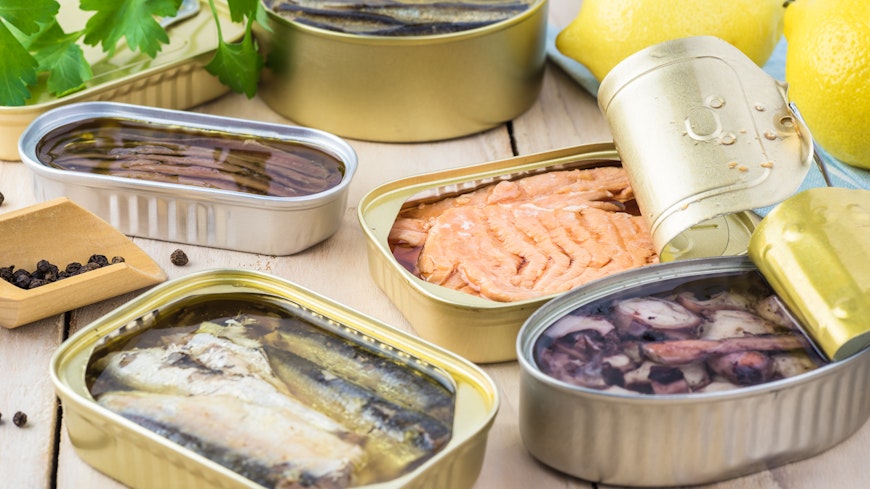
A 2024 Journal of the Royal Society of New Zealand report found that most environmental claims on seafood labels in New Zealand supermarkets are vague and ambiguous. The report investigated 369 packaged seafood products, and lead author Kathryn Bradbury from the University of Auckland said many may serve as examples of greenwashing.
“Just under half the products (41%) made at least one self-declared environmental claim, such as ‘responsibly caught’, ‘sustainably fished’ and ‘dolphin friendly’. Most claims (nearly 80%) were vague and go against international standards and New Zealand Commerce Commission guidelines.”
Commission guidance states that environmental claims should be specific and able to be substantiated. It lists “dolphin friendly” and “sustainably sourced” as examples of unspecific claims.
“We also found that only about half the products stated the harvest location and less than 10% the harvest method. This means consumers don’t know where and how their seafood was caught,” said Bradbury.
The study’s authors would like to see clearer labelling rules, to encourage transparency around fishing practices, and stronger enforcement of existing regulations.
Seafood New Zealand strongly refutes the suggestion that New Zealand seafood labels are greenwashing. Chief executive Lisa Futschek said the industry operates under a strict quota management system, which monitors fish stocks and sets limits for what fishers can catch.
“If consumers want to know more about a product, they can check the websites … Labels on small cans are often filled with required ingredient and nutrition information, so websites provide more information for people who are interested,” said Futschek.
Bradbury disagreed, saying the information needed to be included on labels as consumers prefer to get information at the point of purchase to inform their shopping decisions.
Marine Stewardship Council programme director for Oceania and Singapore Anne Gabriel said “In recent years, there’s been a proliferation of sustainability claims on products. If you can’t be sure where a product has come from and its supply chain, you can’t trust its sustainable production. Third-party certifications … provide consumers with a trusted reference point to make informed decisions, and any label that doesn’t include a third-party chain of custody assurance may be at risk of greenwashing.”
We checked labels on canned seafood and found two main types of green claims – environmental certifications and self-declaration claims.
Environmental certifications
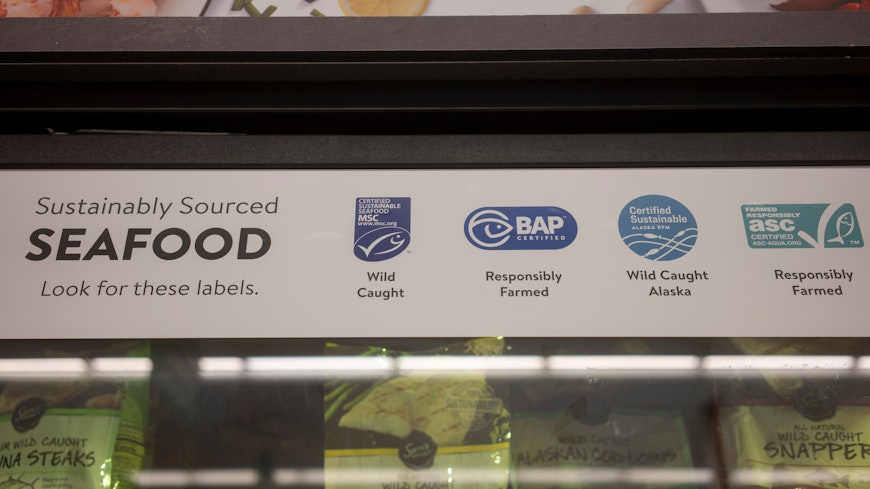
Certifications use an independent third party to validate the claims and confirm producers adhere to standards for industry best practice.
The certifications are voluntary, and companies pay to use them. However, due to the costs and paperwork involved, a limited number of smaller companies display the certification logo.
Marine Stewardship Council certified
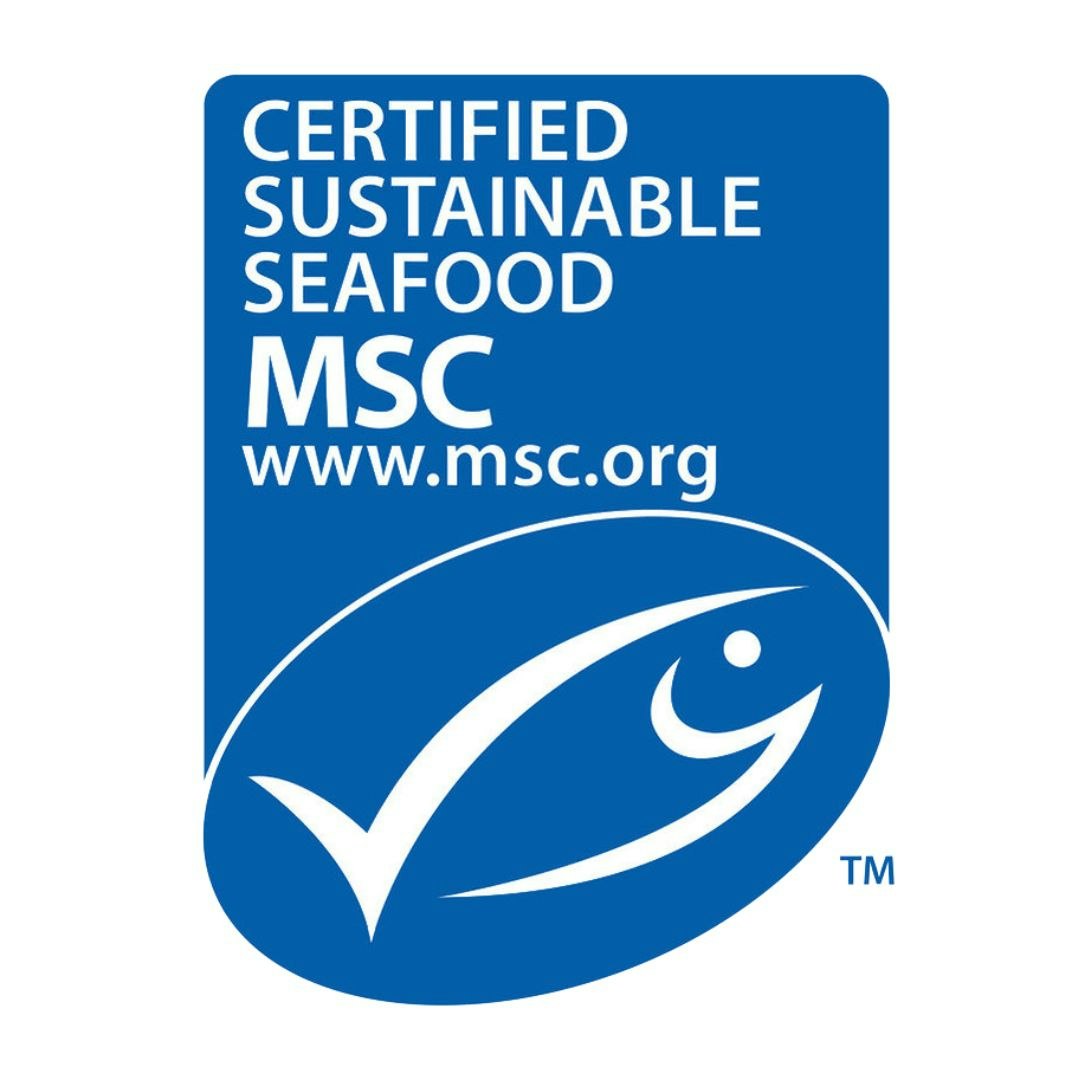
We found the Marine Stewardship Council (MSC) Blue Tick logo on a range of canned tuna (you’ll also see it on frozen fish fillets). It only applies to wild-caught seafood (not farmed), and requirements include only fishing from healthy stocks that are well managed and minimising the impact of fishing on other species and the marine environment.
In New Zealand, there are 15 MSC-certified fisheries, harvesting eight fish species (hoki, hake, ling, southern blue whiting, albacore tuna, orange roughy, skipjack tuna and Ross Sea toothfish).
There are 28 performance indicators that must be met and annual audits, with recertification required every five years. According to a case study published by the Office of the Prime Minister’s Chief Science Advisor in 2021, these requirements strengthen the scheme.
However, the case study also reported some concerns with the scheme. It noted MSC certification is not universally accepted as “sustainable” and questioned whether it could actually be achieved in fisheries that use damaging techniques, such as bottom trawling for species like orange roughy. Bottom trawling can cause harm to habitats and ecosystems.
The MSC acknowledges that bottom trawling can have significant environmental impacts but says its certification incentivises bottom trawl fisheries to reduce their impact.
Aquaculture Stewardship Council certified
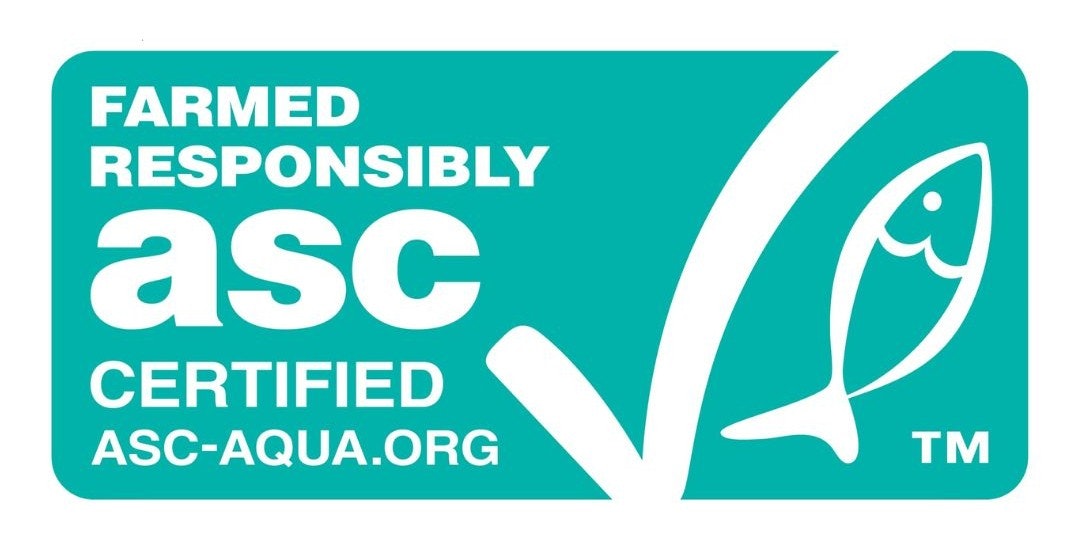
The Aquaculture Stewardship Council (ASC) certification only applies to farmed seafood.
The ASC has different standards for different species and includes requirements for environmental sustainability and social responsibility, including water quality, disease prevention, animal health and welfare and fair treatment of workers. There’s also a standard to ensure what is fed to farmed fish is responsibly sourced. Companies must undergo annual onsite audits and recertification every three years. Unannounced audits can also take place at any time.
Best Aquaculture Practices certified
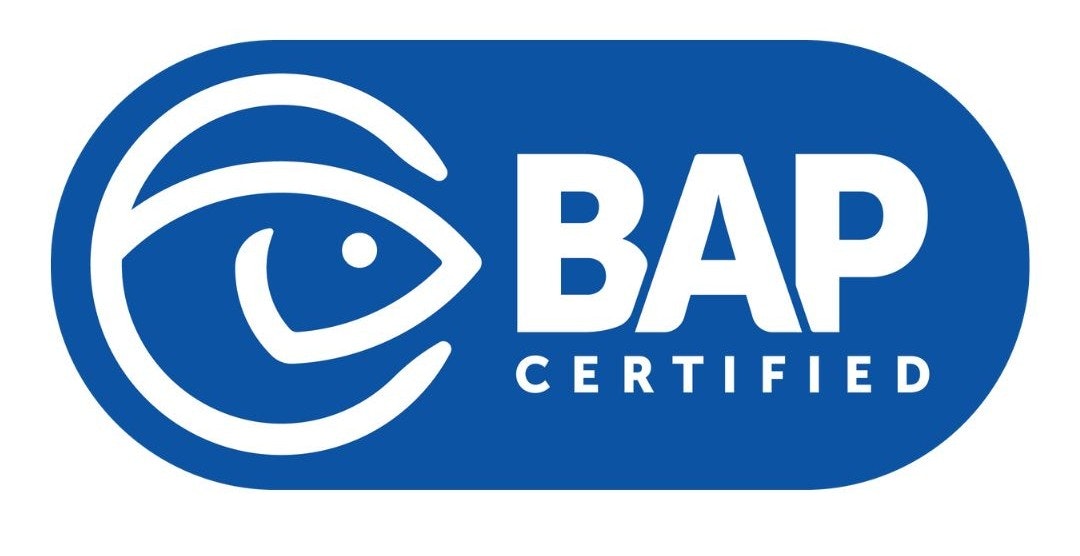
Best Aquaculture Practices (BAP) certified is another independent scheme for farmed seafoods. We didn’t find the BAP logo on the canned products we looked at. However, you may find it on packaged salmon products.
Pacifical Wild Tuna certified
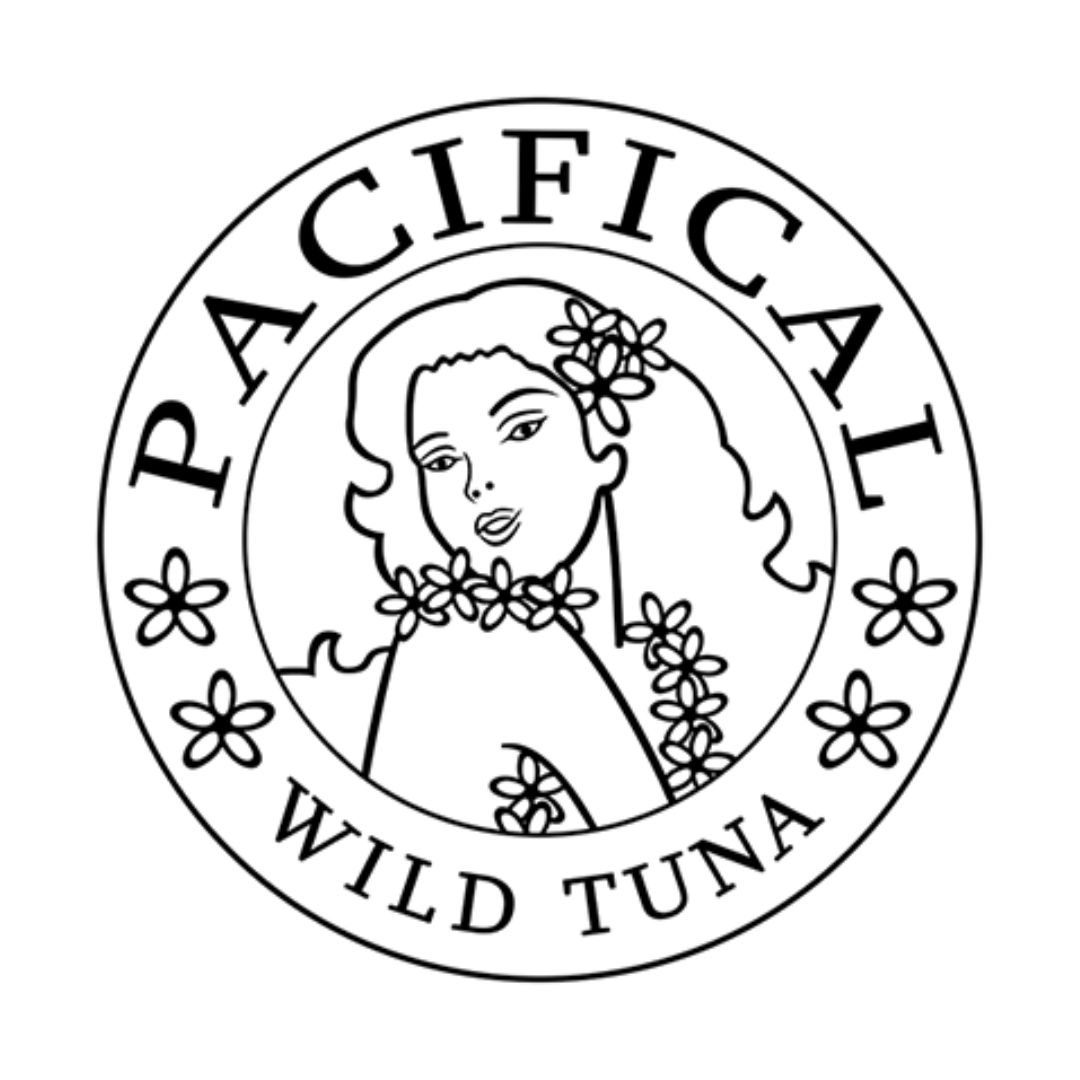
The Pacifical Wild Tuna logo can be used on MSC-certified skipjack and yellowfin tuna caught in the western and central Pacific regions. We found it on John West Chunk Style Tuna.
The system verifies where the tuna was caught, and certified tuna can only be caught by the purse-seining method, with or without the use of a fish aggregating device (FAD). Purse-seine fishing involves surrounding schools of fish with a large net that then closes like a drawstring.
John West told us Pacifical independently verifies that the tuna supplied to its company does not include any unintentional threatened, endangered and protected species.
Self-declared claims
There is no standard or official definition of self-declared claims, but they generally include claims about responsible fishing, sustainability and fishing methods.
FAD-free claims
FAD-free claims mean fish are caught without using fish aggregating devices (FADs). FADs are structures that float in the sea to make shadows that attract fish.
The main concern with FADs is that the device not only attracts tuna but also a higher level of bycatch, which may include turtles, sharks and juvenile tuna.
According to the MSC, purse-seine fishing in open water can have low levels of bycatch. However, purse seines can also be used to catch fish congregating around FADs, which can result in higher bycatch levels. For this reason, it can be harder for companies to obtain MSC certification if they use FADs.
Sealord (tuna) and Woolworths (tuna and yellowfin tuna) both claim their products are caught without the use of FADs. But neither clarify what method of fishing is used.
So, we asked them for more detail on their fishing methods.
Sealord told us its skipjack tuna is caught using purse-seine nets.
Woolworths’ tuna products are all sourced from FAD-free purse-seine and/or pole and line fishing methods.
Meanwhile, John West claims on its labelling that its tuna is purse-seine caught. It told us all its skipjack tuna is caught without the use of FADs, even though it doesn’t make this claim on its packaging. All its yellowfin tuna is MSC certified, and whilst every effort is made to source FAD-free caught yellowfin, due to the total yellowfin volume requirement, a small component may be caught by this method.
Dolphin-friendly/safe claims
There’s only one certified dolphin-safe logo, but we didn’t find it on any of the products we looked at.
However, we found a “dolphin-safe” logo on Pacific Crown tuna, while Woolworths has a “dolphin-friendly” logo on its cans. But neither of these logos are an independent certification, so it’s unclear what they mean.
The Commerce Commission singles out “dolphin-friendly” as an example of a claim that is vague and not specific. We think it’s an example of greenwashing – marketing that makes you think something is more environmentally friendly than it really is.
Woolworths told us its suppliers validate the dolphin friendly harvesting of its tuna. This includes certificates and captain statements for each fishing trip, which confirm the fishing method and that no dolphin interactions occurred.
Sustainable and responsible claims
Unqualified claims like “sustainable” can mean different things to different consumers. According to the Australian Competition and Consumer Commission (ACCC), almost all products have some kind of adverse impact on the environment.
We found supermarket private-label tuna products making sustainable and responsible claims.
Pams Tuna Chunks claims to be “sustainably caught” and shows the MSC logo. Foodstuffs told us its “sustainably caught” label has been designed in-house to supplement the MSC logo, help customers develop awareness of the MSC scheme and provide them with assurance the tuna is from well-managed fish stocks with minimised impact on other species and the wider ecosystem.
All forms of Woolworths canned tuna claim to be “responsibly caught”. But the cans don’t display any other supporting certifications to back up this claim. The claim is only supported by two self-declared logos (FAD free and dolphin friendly).
We checked out Woolworths’ Group Seafood Sourcing Policy. Its New Zealand requirements for private-label, wild-caught tuna states the product must be sourced from suppliers who participate in the International Seafood Sustainability Association (ISSA).
The ISSA is a trade association whose members are tuna processors, traders and marketers that commit to meet the conservation measures adopted by the International Seafood Sustainability Foundation (ISSF). The ISSF strategic plan states that, by the end of 2027, all fisheries from which its participating companies source tuna, must meet and maintain the MSC certification standard or have a timeline in place to meet it. Participating companies undergo annual third-party audits of their compliance with all ISSF conservation measures.
Calling a halt to greenwashing

The European Union is getting tough on vague and unsubstantiated claims, such as “environmentally friendly” and “climate neutral”. It only allows green labels if the labels are based on official certification schemes or set up by public authorities.
In 2023, the ACCC found that 57% of products in its market survey made questionable environmental claims. It is currently investigating several businesses.
In the last couple of years, we’ve been calling out misleading green claims on several products in New Zealand, including beauty products, tea bags, air fresheners and packaging.
The New Zealand Fair Trading Act (FTA) prohibits companies from making misleading or unsubstantiated green claims. “Green” claims must be truthful, accurate and specific; use plain language; and be able to be substantiated. The Commission has published environmental guidelines to help businesses understand their FTA obligations.
However, there hasn’t been a comprehensive study into greenwashing in New Zealand, and enforcing the FTA relies on people complaining to the Commission or Advertising Standards Authority.
Help stop greenwashing in New Zealand and send us your examples.
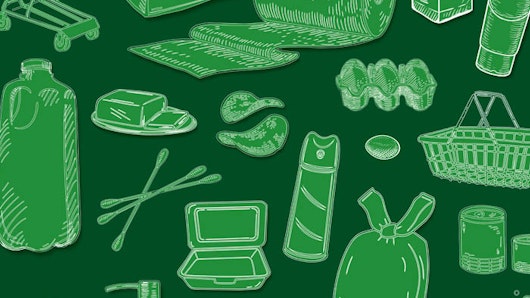
Help stop greenwashing in Aotearoa
We need your help to call out dodgy 'green’ claims.

